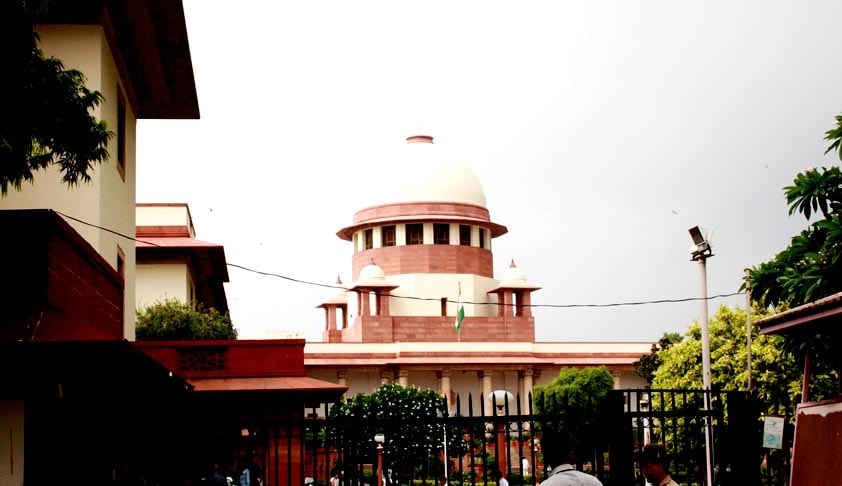Can Prevention Of Money Laundering Act Be Applied Retrospectively, SC Set To Examine
LiveLaw Research Team
20 Jun 2017 11:05 PM IST

Next Story
20 Jun 2017 11:05 PM IST
The Supreme Court’s Vacation Bench of Justices D.Y.Chandrachud and Sanjay Kishan Kaul, on Monday, June 19, issued notice returnable in three weeks, on an appeal by the Directorate of Enforcement against the Karnataka High Court’s March 13 order, quashing retrospective application of the Prevention of Money Laundering Act against an accused. The order was delivered by the High Court bench...
